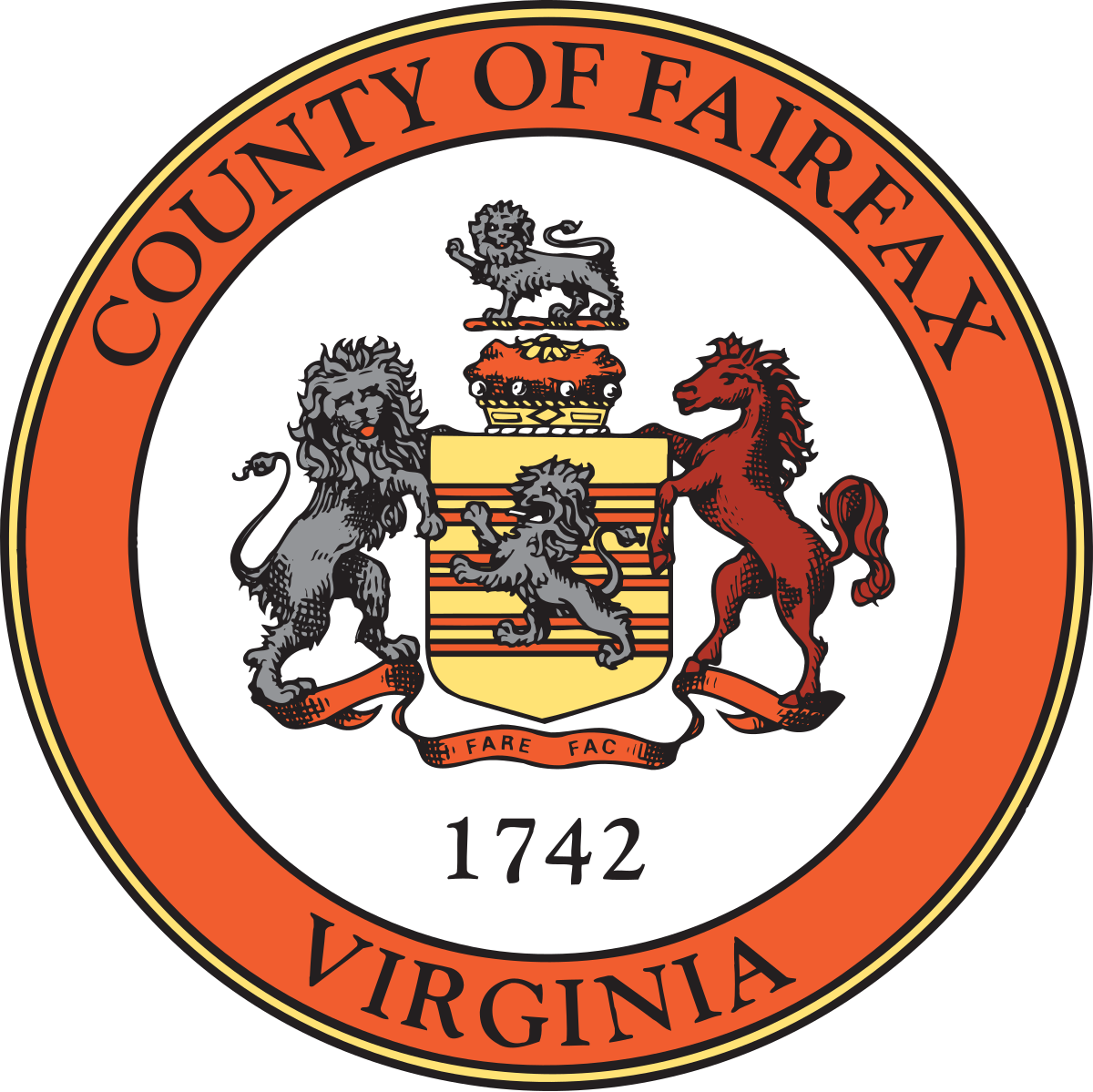Death Investigator (Civilian Investigator) | Fairfax County Government
Death Investigator (Civilian Investigator)
Location: Fairfax, VA
Job Number: 23-01299
Salary: $62,693.28 - $104,489.63
Closing Date: May 12, 2023
Under general supervision, investigates sudden, unexpected, and unnatural deaths unattended by a physician. Investigate circumstances and recovers physical evidence at the scene of death to determine if the death is natural, accidental, a suicide, or criminal in nature; and performs related work as required.
(The illustrative duties listed in this specification are representative of the class but are not an all-inclusive list. A complete list of position duties and unique physical requirements can be found in the position job description.)
Physically responds to death scenes such as highly dangerous fentanyl overdose deaths, suicides by weapon or other means, accidental deaths such as by fall or electrocution, and workplace deaths;
Works in conjunction with Homicide Detectives, OSHA investigators and respond to area hospitals to gather data on all non-criminal death investigations for analysis;
Gathers facts regarding death from uniformed Police Officers and determines if a response is needed;
Inspects the scene and body to determine if the death is natural, accidental, a suicide, or a homicide;
Obtains information from the family and other witnesses;
Confirms identity of the decedent;
Documents and evaluates the scene and decedent’s body;
Collects and preserves evidence related to the death;
Releases decedent’s valuables if collected for safekeeping;
Makes death notifications to Next of Kin and advises procedures for retrieval of the decedent’s body;
Supervises respectful and secure preparation of the body for transportation;
Research and policy development.
(The knowledge, skills and abilities listed in this specification are representative of the class but are not an all-inclusive list.)
- Knowledge of effective methods of medical and criminal investigation techniques;
- Knowledge of state statutes regulating death investigations; Knowledge of anatomy, pathology, physiology, pharmacology, and/or medical terminology in forensics;
- Knowledge of methods and techniques used to accurately describe remains;
- Knowledge of weapons (and safe unloading), drugs, and legalities with securing possessions;
- Knowledge of basic rules of legal evidence;
- Skills to operate vehicles, cameras;
- Ability to communicate effectively, both orally and in writing.
- Ability to establish and maintain effective communication and cooperative working relationships with medical and ambulance staff, law enforcement, relatives of decedents, funeral directors, coworkers, and the public, from diverse groups and backgrounds.
- Ability to demonstrate emotional control and interpersonal skills in communicating with family members and witnesses in the initial stages of grief, mentally ill, or under the influence of drugs or intoxicants;
- Ability to examine mutilated, decomposed and partial remains;
- Ability to move inert heavy bodies, using appropriate body mechanics, other lifting methods;
- Ability to lift, push, pull while simultaneously climbing up or downstairs or maneuvering rugged terrain to move bodies over 100 pounds, in various degrees of decay, mutilation, infestation, and disease;
- Ability to bend, reach, stoop, climb, crawl, and crouch while observing and cataloging information at the death scene;
- Ability to conduct extrication of bodies from potentially complicated death scenes, in all types of terrain, under adverse conditions and exposure to inclement weather conditions;
- Proficient in the use of computer software applications and other analytical law enforcement resources and databases.
MINIMUM QUALIFICATIONS:
Any combination of education, experience, and training equivalent to the following:
(Click on the aforementioned link to learn how Fairfax County interprets equivalencies for "Any combination, experience, and training equivalent to") Graduation from an accredited four-year college or university with a bachelor's degree in biology, forensics, pathology, criminal justice or a related field; plus, two years of experience in law enforcement investigations, medical examiner’s death investigation, medicolegal death investigations, or emergency medical services.
- Five years of investigative experience preferable with two years of death investigations, Medical Examiner’s death investigation, or Medicolegal Death Investigations, or Emergency Medical Services.
- Knowledge of hazardous substances / dangerous materials
- Working knowledge of laws and standards of the Fairfax County Police Department
- Ability to run NCIC / VCIN
NECESSARY SPECIAL REQUIREMENTS:
Must be a citizen of the United States; The appointee to this position will be required to complete a criminal background check, credit check, polygraph exam, and driving record check to the satisfaction of the employer, and a physical ability test prior to appointment; Applicants selected must be able to obtain a Class A medical rating in the assigned medical group prior to starting work.
CERTIFICATES AND LICENSES REQUIRED:Driver's license (required)
PHYSICAL REQUIREMENTS:
The work environment can be stressful and unpredictable and requires demonstrated emotional control and interpersonal skills when communicating with family members and witnesses in the initial stages of grief, mentally ill, or under the influence of drugs or intoxicants. The work of the analyst/investigator is performed both within an office and in the field and requires the Incumbent to handle human remains regularly. The work is physically demanding, requiring lifting/pushing/pulling while simultaneously climbing up or downstairs or maneuvering rugged terrain to move bodies over 100 pounds, in various degrees of decay, mutilation, infestation, and disease regularly; and bending, reaching, stooping, climbing, crawling, and crouching while observing and cataloging information at the death scene. The work requires the extrication of bodies from potentially complicated death scenes, in all types of terrain, under adverse conditions and exposure to inclement weather conditions. All duties may be performed with or without reasonable accommodations.
